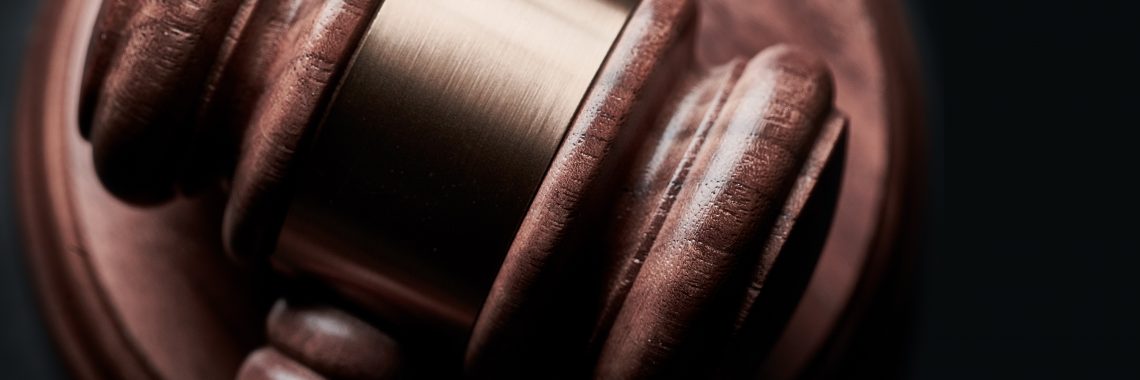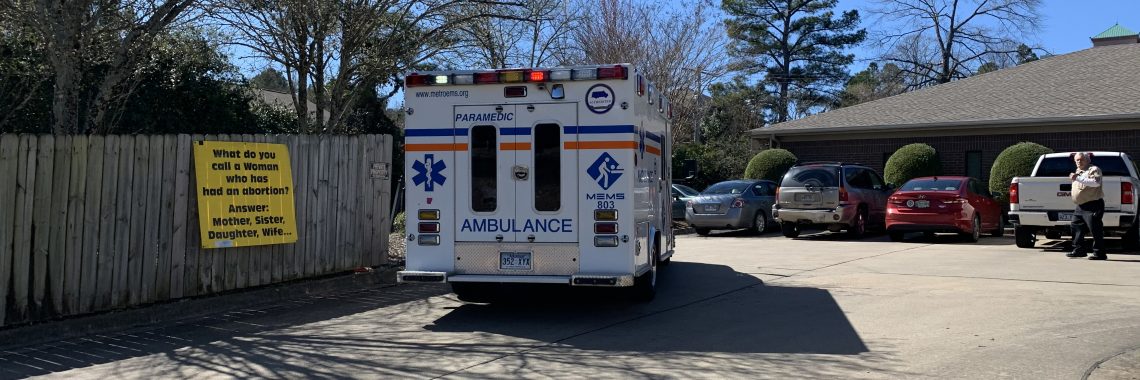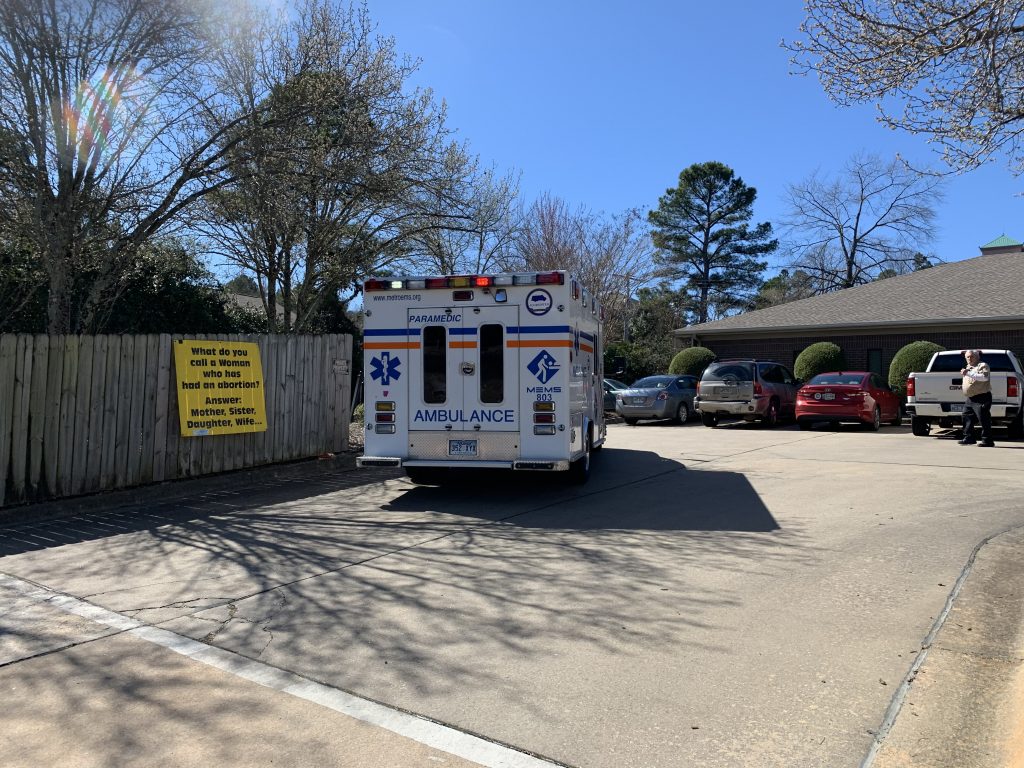Updated 4/14/2020 at 5:15 PM — U.S. District Judge Kristine Baker has issued a temporary restraining that blocks the state from restricting surgical abortion at this time. Read more here.
Yesterday a surgical abortion facility in Little Rock filed a legal challenge against the State of Arkansas over health directives prohibiting elective surgical abortions during the COVID-19 outbreak.
Below are five things to know about the situation regarding abortion in Arkansas during the pandemic.
#1. The State’s Directive Against Surgical Abortion is Narrowly Tailored
The directive prohibits elective surgeries — like surgical abortions — that are not medically necessary.
The directive does not apply to chemical abortions, like abortions performed via the RU-486 regimen.
The directive doesn’t completely close any clinic in Arkansas.
The directive stops facilities from performing surgical abortions, but it doesn’t stop abortion clinics from providing other services like medical examinations.
The fact that the directive is narrowly tailored to apply only to surgical procedures could make it more defensible in court.
#2. The State Took Action After Abortionists Kept Performing Surgical Abortions During the Pandemic
Here’s the timeline that brought us to this point:
- On March 30, Governor Hutchinson issued guidelines telling all medical clinics to postpone elective procedures, but abortion providers did not comply.
- On April 3, Governor Hutchinson and Secretary of Health Dr. Nathaniel Smith issued a directive, with the force of law, specifically naming abortion providers. Again, abortionists kept performing surgical abortions.
- On April 7, inspectors from the State of Arkansas found proof that elective surgical abortions were taking place despite the state’s directives and guidelines.
- On Friday, April 10, Little Rock Family Planning Services — Arkansas’ only surgical abortion clinic — received a “cease and desist” letter and was told to stop performing surgical abortions or face penalties from the state.
- Abortionists filed a legal challenge on April 13.
#3. The Surgical Abortion Facility in Little Rock Has Filed a Legal Challenge in U.S. District Judge Kristine Baker’s Court
On Monday attorneys for Little Rock Family Planning Services — the state’s only freestanding surgical abortion facility — filed a legal challenge in U.S. District Judge Kristine Baker’s court to block the state from restricting surgical abortions during the pandemic.
Considering Judge Baker’s track record, it seems likely she will side with the abortionists — which means Attorney General Rutledge’s office will have to appeal the case to the Eighth Circuit.
The Eighth Circuit is one of the more conservative circuits in America and has a good track record when it comes to abortion.
In light of that, there’s a very good possibility that Arkansas will win this lawsuit.
#4. The Directive Currently Does Not Apply to Chemical Abortions
Because the state’s directive is narrowly tailored to apply to surgical procedures, it does not affect chemical abortions.
In Arkansas, nearly 70% of all abortions are performed surgically. That means the state’s directive applies to the vast majority of abortions performed in Arkansas.
However, it does not apply to chemical abortions. That means that Planned Parenthood, Little Rock Family Planning Services, and other facilities are still able to administer abortion-inducing drugs like RU-486.
The fact that the directive is narrowly tailored to apply to surgical procedures could make it more defensible in court.
#5. Blocking Surgical Abortions is the Right Thing to Do
Abortion takes the life an unborn baby and carries serious risks and consequences for women.
However, prohibiting surgical abortions during a pandemic particularly makes sense.
Women from other states travel to Arkansas for abortion. Traveling like that increases the risk that people in Arkansas and elsewhere will be exposed to the coronavirus.
Surgical abortions also waste precious medical resources. Postponing surgical abortions during this time will help preserve those medical resources and slow the spread of the coronavirus.
READ MORE





